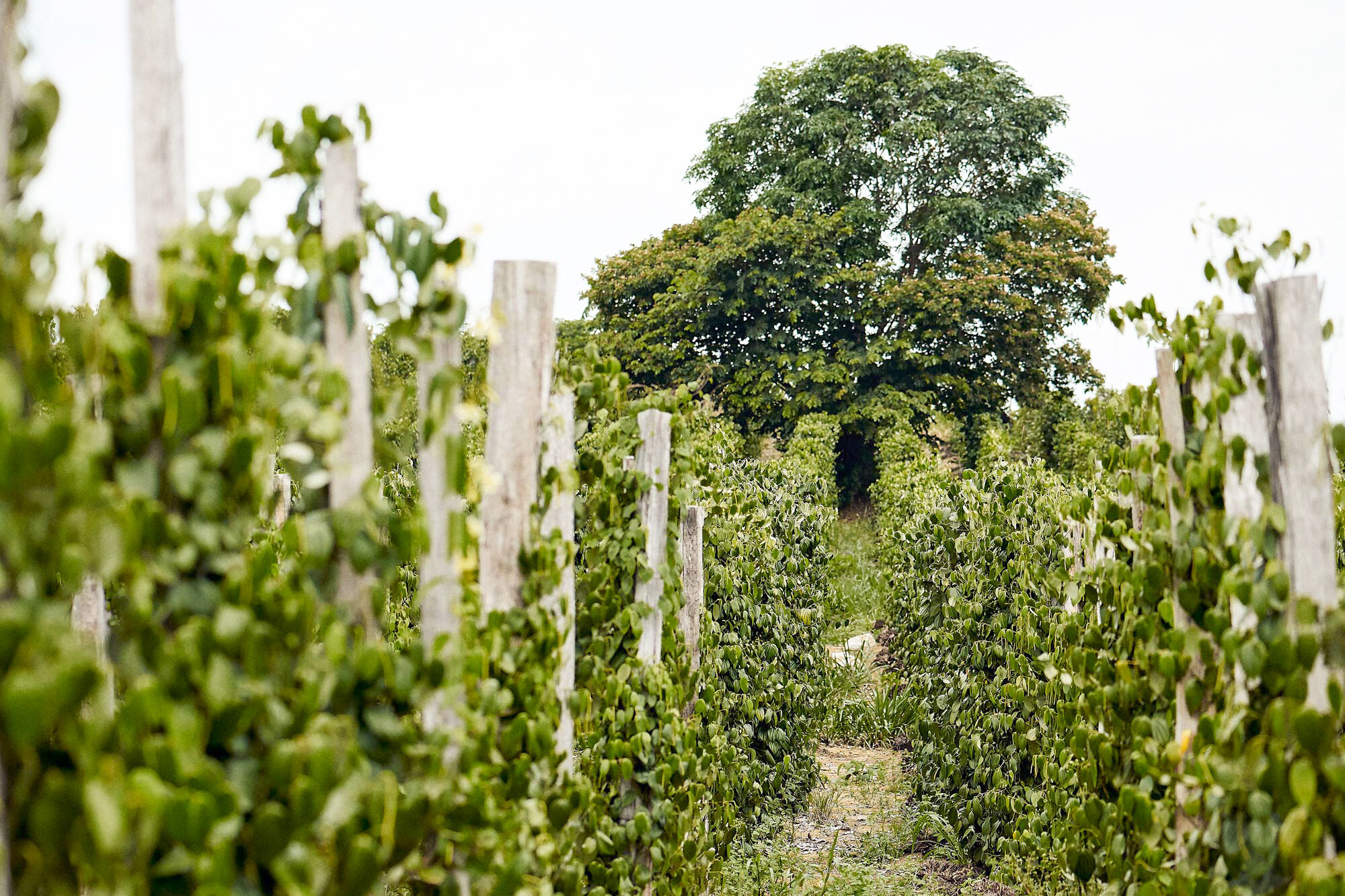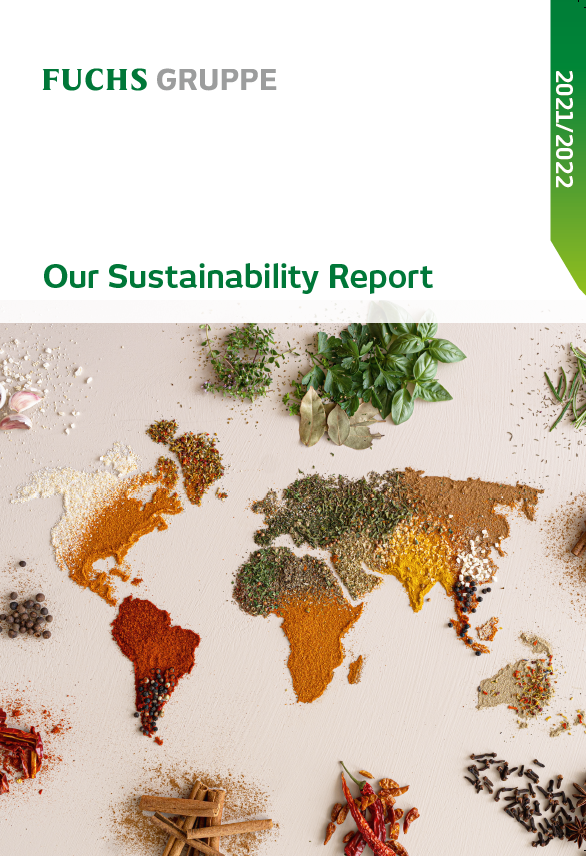
Sustainability
We take responsibility
Our Sustainability Report 2021/2022
In our Sustainability Report in accordance with GRI Standards, we explain our understanding of sustainability, and report on current activities and targets. The focus is on procurement, products, people and resources.
A glimpse into our sustainability activities
Our Sustainability Report 2021/2022
Our Sustainability Report 2019/2020